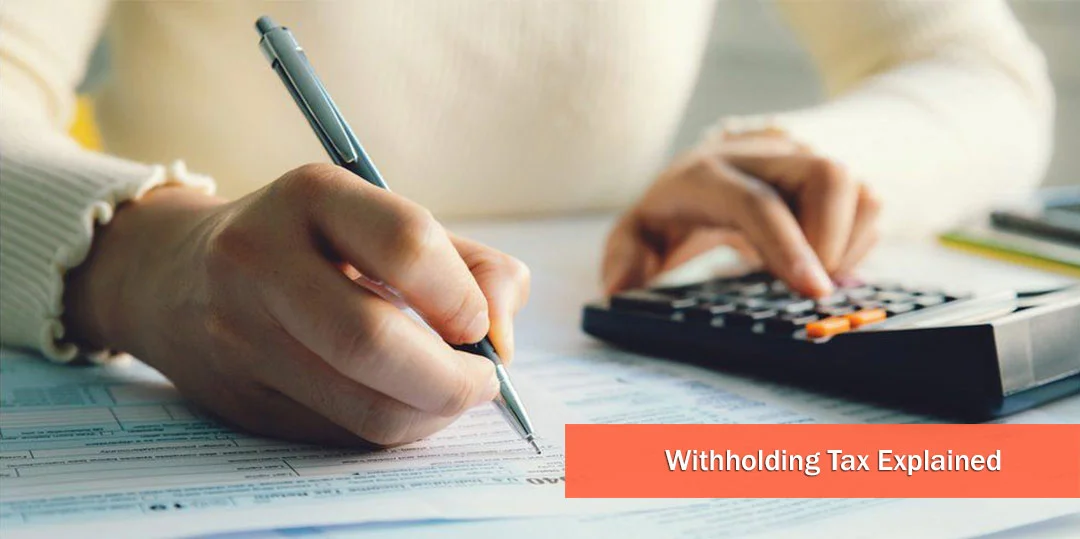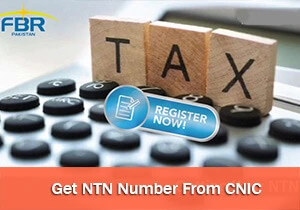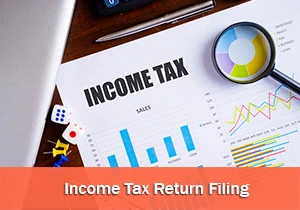
Do you know? Whether you are a salaried employee, a pension holder, or receiving money from commission or other sources there is a sort of amount withheld from your income. Withholding minimum tax can result in an unexpected tax bill. However, withholding too much allows you to use money free from interest —until you’re paid a refund. .
This blog news covers everything about withholding taxes and their compliances which helps you make better decisions.– Here’s what you should know about the concept of withholding tax and how to adjust it Believe me once you understand, you will definitely save thousands of rupees every year.
What Is Withholding Tax?
Withholding tax (WHT) is one of the major types of tax in Pakistan that refers to a ‘presumptive’ tax, which means money that an employer deducts from an employee's gross wages & pays directly to the govt. In short, you can say it's a tax on income in advance. This tax must be paid during the year. The law defines withholding taxes to be taken first before the money is paid out to avoid the risk of unpaid tax during tax season. This is why employers are instructed to take out certain taxes before paying salaries to an employee.
Importance Of Withholding Tax System In Pakistan
Withholding tax in Pakistan is a significant source of federal revenue collection on a national level. This collection depends upon the rise over the year. Out of total Direct Taxes collection for the financial year73% share came from various Withholding Taxes, which are represented by their adjustable and presumptive (final) nature. The major withholding taxes are related to salaries, imports, bank interest contracts & securities, dividends, utilities, technical fees, cash withdrawals, etc. with different rates.
Withholding tax is considered an important tool in the collection of taxes for the following reasons;
- Promotes voluntary compliance.
- Maintaining flow with the least cost.
- Reduces the cost of collection effort.
- Helps to expand the tax net.
- Daily basis revenue generation.
- Prevents failures and revenue loss.
- Documentation of Economy.
- Saves a dry spell in the fiscal conditions of the government by providing revenues throughout the taxable year.
Who Are Required For Withholding Taxes?
The withholding tax is also known as payroll tax. It contributes to funding for federal revenue. However, individuals who are required to withhold taxes are;
- Individuals engaged in business or practicing the profession.
- Non-individuals (corporations, associations, partnerships, cooperatives) whether engaged in business or not.
- Government agencies and their instrumentalities (National Government Agencies (NGAs), Government-owned or Controlled Corporations (GOCCs), Local Government Units including Baranggays (LGUs)).
Types Of Withholding Taxes
There are two types of withholding taxes to ensure that proper tax is withheld in different situations: the Creditable withholding tax & Final Withholding Tax We outline more details about each below.
-
Creditable withholding tax
The first and more commonly discussed withholding tax is the creditable withholding tax which every employer in Pakistan must collect. It is further subclassified into;
-
Compensation
A tax that is withheld from income payments to every individual arising from an employer-employee relationship.
-
Expanded
A kind of withholding tax that is defined on individuals' income payments and deducted against the income tax due of the payee for the taxable year in which the particular income was earned.
-
Withholding Tax on GMP - Value Added Taxes (GVAT)
A type of tax withheld by National Government Agencies (NGAs) and instrumentalities, including government-owned and controlled corporations (GOCCs) and local government units (LGUs), before making any payments to VAT-registered taxpayers.
-
Withholding Tax on Government Money Payments (GMP) - Percentage Taxes
A tax withheld by National Government Agencies (NGAs) and instrumentalities, including government-owned and controlled corporations (GOCCs) and local government units (LGUs), before making any payments to non-VAT registered taxpayers/suppliers/payees
-
-
Final Withholding Tax
A withholding tax that is defined on certain income payments and is not creditable against the income tax due of the payee on other income subject to regular rates of tax for the taxable year. Tax due from the payee on the particular income is subjected to final withholding tax.
Withholding Tax On Compensation
Withholding tax on compensation refers to the employee-employer relationship that can be exempted by the NIRC and pertinent laws.
-
KINDS OF COMPENSATION
-
Regular
- Basic Salary
- Fixed allowances
-
Supplementary
- Commission
- Profit sharing
- Overtime pay
- Taxable 13th-month pay and other benefits
- Fees, including directors' fees
- Fringe benefits received by rank and file employees
- Hazard pay
- Monetized vacation leave in excess of ten (10) days
- Sick leave
- Other revenue received from employee-employer relationships
-
Quarterly Withholding Statement
Every individual collecting or deducting tax shall provide to the commissioner a quarterly statement in the specified form setting out:
- Name, CNIC, NTN, Address of the person from whom the collection or deduction was made
- Amount of tax collected/deducted from a person.
- Total amount of payments made/receive from a person from which tax has been collected/deducted
- Name, CNIC, NTN, Address of the person from whom the collection or deduction was made.
- Other particulars as may be prescribed.
Last dates Of Compliance For Quarterly Withholding Statements
Every specified person collecting/deducting tax shall provide quarterly statements as per the following schedule:
| Quarters | Due Date |
|---|---|
| Quarter ending on 31 March | 20th April |
| Quarter ending on 31 June | 20th July |
| Quarter ending on 31 September | 20th October |
| Quarter ending on 31 December | 20th January |
How Can I Claim Back My Paid Withholding Tax Amount?
Withholding tax refers to advance income tax that can be refunded back from the govt at the year-end. This act is possible only when you fulfill certain requirements which may include:
- Paying annual tax.
- Being in an income slot where income tax doesn’t apply to you.
- Be a tax filer
- File your tax return timely every year.
How Can I Collect Information To Get A Refund On My Paid Withholding Tax Amount?
As you know that tax year starts in July & ends in June of year. So you have to remember these months and keep an eye on your receipts & bills of any expenditure spent by you throughout the year. This may help you to provide evidence of the withholding tax paid. You can make it before the FBR to verify your paid withholding tax and later on fix the tax refund.


